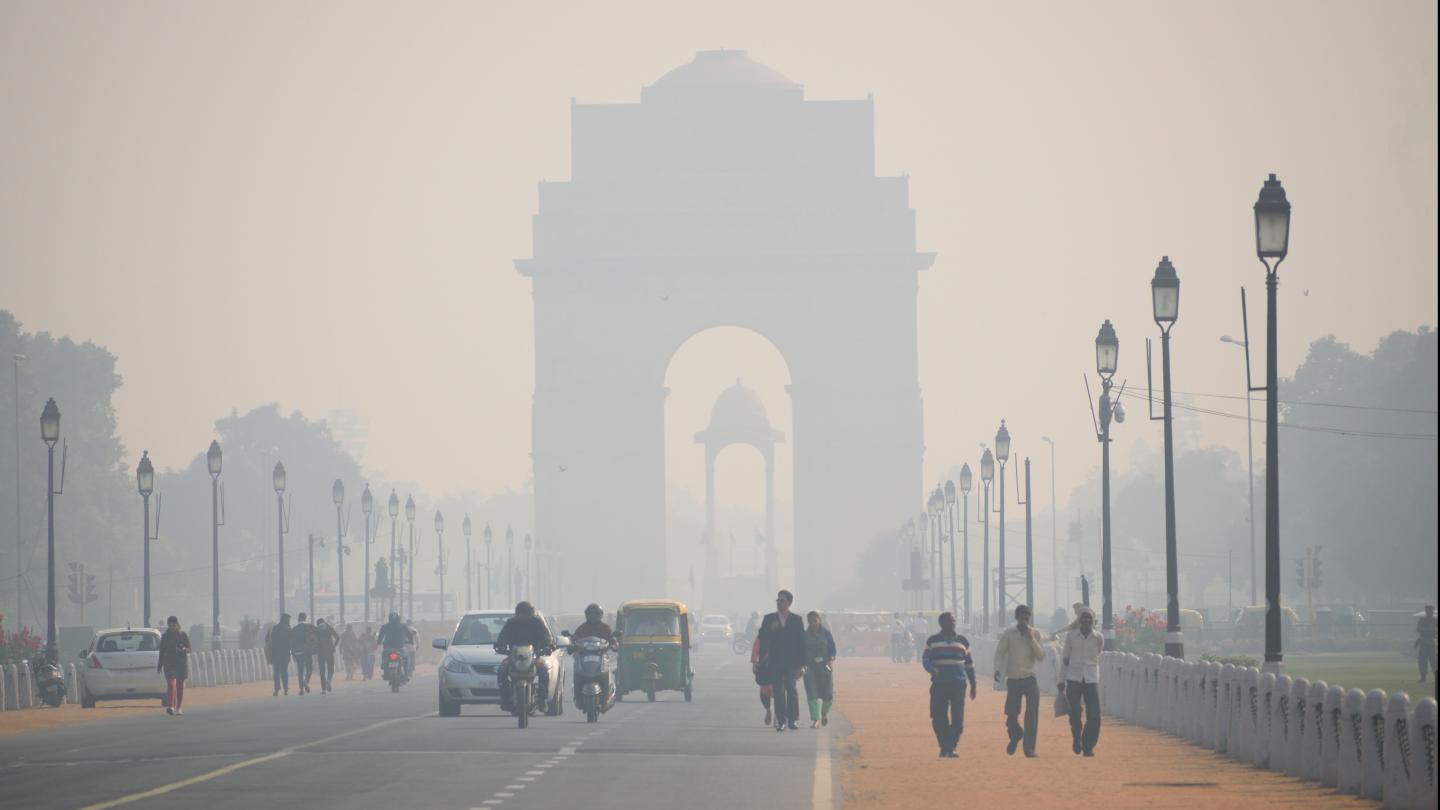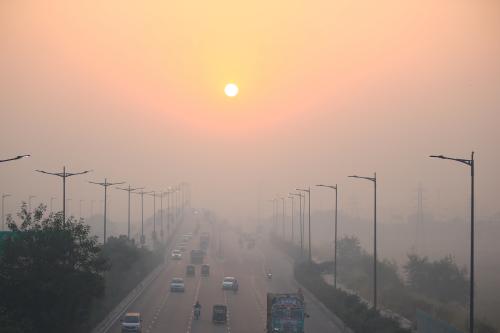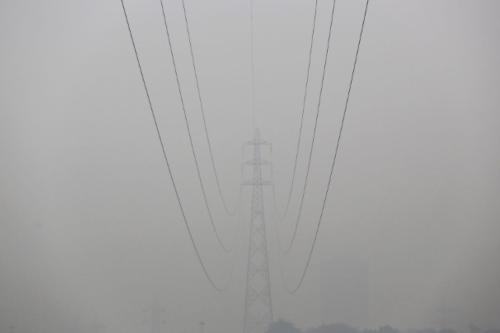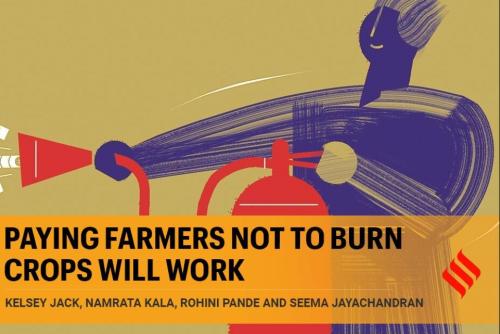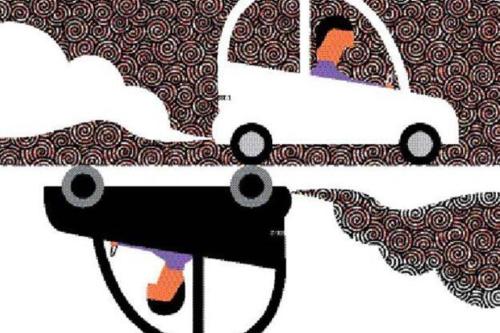Research to identify and address the sources of air pollution
Improving air quality in India’s cities has the potential to greatly improve the health, life expectancy, and productivity of city dwellers. Chronic respiratory diseases were responsible for an estimated 10.9% of total deaths in India in 2016 – a leading cause of death for the country – and air pollution is the dominant risk factor, according to a 2018 study. In recent years, Indian citizens have put pressure on government to improve air quality and government officials have responded with ever-stronger measures – such as efforts in New Delhi to reduce traffic through car-free days and restrictions on trucks, as well as tolls, levies, and other fees.
Initial results suggest that providing cash transfers ahead of when farmers need financing can incentivize them to forgo residue burning and instead use alternative approaches that are more environmentally-friendly and pose less of a threat to human health.
Yet pollution levels can vary significantly day by day and across small distances, and policymakers often struggle to identify and address specific sources of pollution. Likewise, citizens often lack information, awareness, or understanding of what they can do to reduce their risk. In New Delhi, Inclusion Economics India Centre is evaluating a network of low-cost air pollution sensors across the city to generate fine-grained, real-time, high-quality pollution heat maps that will allow policymakers to better understand the problem and help design and test appropriate solutions.
In addition to city-based sources, a major driver of India’s air pollution is its agricultural regions: every year, smoke from the controlled burning of post-harvest crop residue produces large amounts of highly polluted air that spreads to cities – causing an estimated 66,000 deaths a year, according to a 2018 report. A study by researchers at Inclusion Economics and coauthors sought to better understand this issue, the reasons why previous government policies to mitigate it have been ineffective, and how more effective policies could be designed. The researchers evaluated a conditional cash transfer program for rice farmers in Punjab state, and found that farmers’ alternatives to crop burning are often prohibitively expensive. The study, whose results are forthcoming, finds that incentive programs must be well-designed to be effective, and identifies other policies that could also help reduce air pollution while improving health and economic productivity.
